If you are new to having a parrot in your life, you probably have some questions regarding the proper parrot diet for your new life companion. Something important to note is that parrots are flock animals in the wild and even when they are domesticated that behaviour remains true. The only difference there is that your domesticated parrot sees you as their flock and naturally that makes them want to eat what you eat – you have probably noticed this behaviour already.
Obviously your parrot will not be very healthy if they are eating a human diet and will certainly have major health issues as a result of excess fats and a lack of necessary vitamins and minerals. It might take a little patience to get your parrot to eat the proper bird pellets, but it is up to you to teach your parrot to eat the proper diet. You also want to keep in mind where your parrot originates from. Australian desert parrots are a bit more hearty than their cousins the Indian Ringneck and Alexandrine parrots who originate in Asia and are accustomed to a diet with more fats and fruits since they are canopy birds.
When many people new to parrots think of parrot food, they probably think that sunflower seeds are a staple – that couldn’t be further from the truth. Yes, your parrot will likely favour sunflower seeds and pick them out of just about any bird feed that you give them, but domesticated parrots aren’t known for their brilliant dietary decision making. The problem with sunflower seeds is their very high fat content at close to or above 50%, which makes them very attractive and palatable to your parrot. After all, it makes them feel satisfied or “full” compared to seeds that have a higher amount of protein, vitamins and minerals. So sunflower seeds are high on the list of what not to feed Indian Ringnecks or Alexandrine Parrots. Diet for any parrot should keep sunflower seeds to a minimum as sunflower seeds for birds are the equivalent of feeding your kids McDonalds – your child may love it, but what are the costs to their health?
So with all of that out of the way you may be wondering what can birds eat? Not to worry, there are a number of healthy foods that your parrot will love. It is highly recommended that your parrot’s diet is composed of pellets (formulated diet), seeds, fruits and some vitamin and mineral supplements where necessary.
Pellets should make up for around 80% of your Indian Ringneck parrot diet and the same goes for most other types of parrots. Getting your parrot to convert to a pelleted diet needs to happen under your supervision, but once they take to it – as long as they also get a fair amount of tasty seeds and fruits – your parrot will thrive. There are a number of commercially available brands that specialise in nutritionally balanced bird pellets.
Seeds are also a necessary component of the diet for parrot health. Though Asiatic parrots can have some sunflower seeds in their diet, it is best to keep them to a minimum. If you are looking for a good bird mix we recommend Breeders Choice. Their small parrot mix has just the right amount of what your parrot needs and still provides a little of their favourite decadent sunflower seeds. Asiatic parrots can also be given nuts such as almonds, hazelnuts and walnuts but it is not recommended to feed the peanuts. You want to keep these nuts in nicely sealed containers in the refrigerator to keep them fresh. Keep in mind that the Eclectus parrots diet is going to be slightly different then the Indian Ringneck diet as they are native to Australia and should be fed more native seeds and fruits such as figs and other native berries.
Fruits are where the fun is for your parrot. They can be offered a wide array of seasonal fruits that will both be healthy and improve your parrots overall happiness. You should keep a good amount of fresh fruits around such as grapes, apples, kiwi fruit, lychee, banana, melons, oranges, strawberries and more.
We hope this beginners guide on what to feed parrots will help you understand your little companion a little better. Knowing what parrots eat, or at least should eat, to stay healthy will make sure that your life companion lives a long and fruitful life. We will post another article diving deeper into the subject and touch on vitamins and minerals as well as grazing foods and much more soon. For more information on parrot diet and other topics such as recommended lorikeet food feel free to browse our article section. If you have any questions please contact us!
FAQs
The short answer is yes, but you should consult your avian vet about what type of bird pellets are best for the parrot diet. The Eclectus parrots diet will differ slightly from the Indian Ringneck diet for instance. That being said, there are generally bird pellets specifically formulated for every species to ensure they have all of the vitamins, minerals, fats and proteins necessary to live a long and healthy life.
Fruits and vegetables are by far some of the best treats for your parrot. They absolutely love them and they help to break up the monotony of bird pellets and seed that generally make up the bulk of the parrot diet. Make sure to keep plenty of delicious fruits such as apples, grapes, mango and kiwifruit on hand as well as vegetables such as carrot, broccoli, sweet potato, capsicum and other seasonal delights. Your parrot will love you for it. However, be aware that avocado is toxic to birds and should never be fed to them.
Asiatic parrots are typically accustomed to a diet with more fats and fruits, where Australian parrots are a more hearty breed and don’t need as much. That being said, the right combination of bird pellets, fruits and seeds should do the trick. Consult your veterinarian for the correct type of bird pellets, the parrot diet will vary depending on the species.
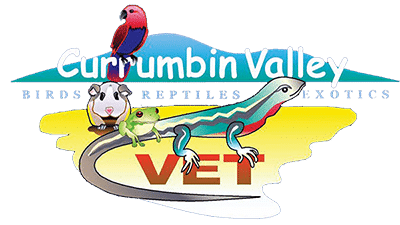
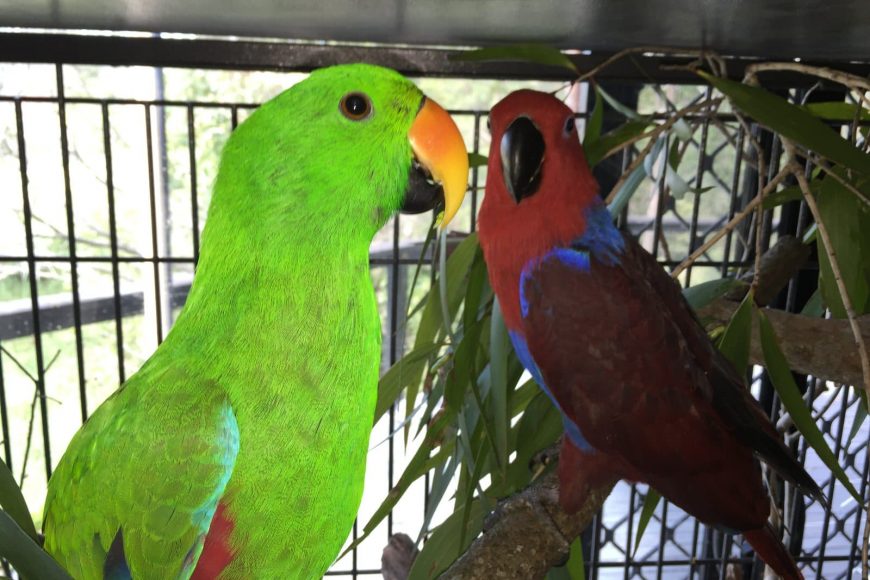

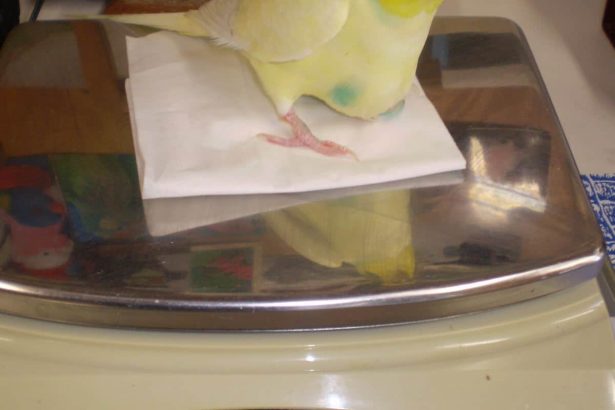
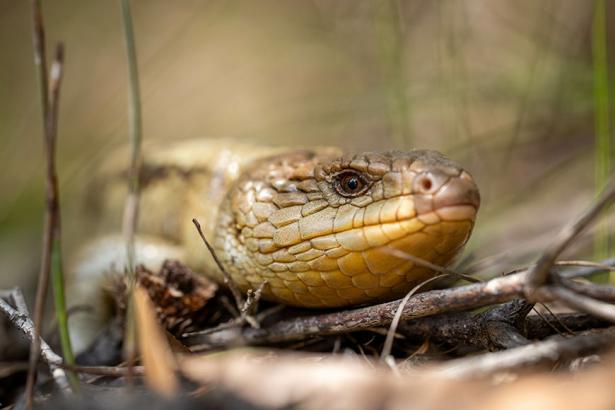
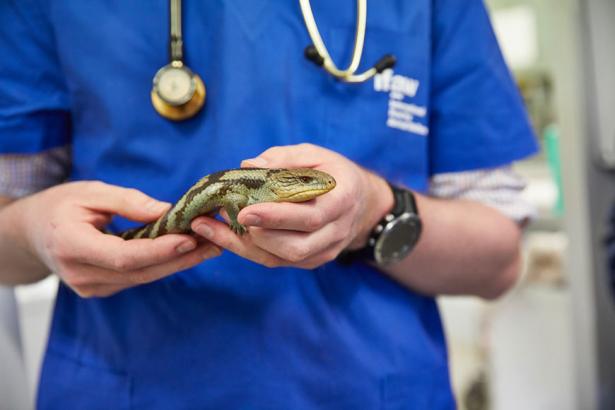
1 Comment
Comments are closed.